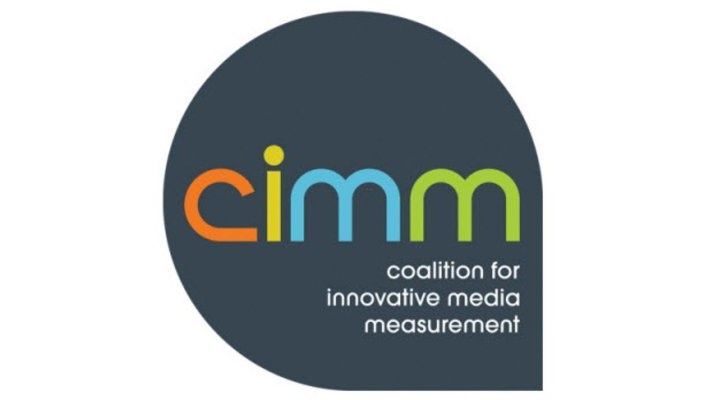The professional video industry's #1 source for news, trends and product and tech information. Sign up below.
You are now subscribed
Your newsletter sign-up was successful
WASHINGTON—The Communications Workers of America, the National Association of Broadcast Employees and Technicians – CWA and The NewsGuild – CWA filed a petition with the FCC June 20 to deny applications from Tribune Media Company and Sinclair Broadcast Group to transfer control of 42 Tribune TV stations and other media holdings to Sinclair.
“…Sinclair and Tribune have failed to demonstrate in their application and in the ensuing months that any purported merger-related benefits exceed the substantial public interest harms,” the CWA petition said. “On the contrary, it remains clear that the Sinclair-Tribune merger does not serve the public interest because it would violate the congressionally mandated 39 percent national audience cap, reduce competition, harm localism, eliminate jobs, and diminish viewpoint diversity.”
Saying the post-merger Sinclair would be the largest broadcaster in the country, the petition asserted that the company would have a footprint reaching 72 percent of U.S. TV households. “Even with Sinclair’s latest divestiture amendments, New Sinclair would own or operate 215 stations in 102 markets, reaching 59 percent of television households and violating the cap by 20 percent,” the petition said.
The petition also objected to Sinclair’s use of joint service agreements and shared service agreements –called “sidecar agreements”—and their application post merger. “If the merger is approved, Sinclair would have a controlled duopoly or sidecar arrangement in 63 television markets, or almost 60 percent of the merged company’s total markets,” it said.
The UHF discount also plays a role in allowing Sinclair to slide beneath the 39 percent national audience cap, the petition said. The technical disparity between UHF and VHF no longer exists, and the recent FCC decision to reinstate the discount is under court review, it said. The petition called on the agency to postpone any ruling on the merger until after the U.S. Court of Appeals for the D.C. Circuit rules on the UHF discount, which is expected in August.
[Read: Report: Pai Preparing July Vote On 39 Percent Cap/UHF Discount Review]
Further, the petition contended that allowing the merger to go forward would reduce viewpoint diversity and localism, “especially for marginalized groups like communities of color and low-income households,” which are heavy consumers of local TV news. In particular, the petition called out Sinclair’s corporate editorial policy requiring its stations to air “must-run” segments. That policy “compounds the serious merger-related harms to localism and viewpoint diversity,” it said.
The professional video industry's #1 source for news, trends and product and tech information. Sign up below.
Allowing the merger to go forward would also result in significant job losses based on Sinclair’s history, the petition said. It pointed to several examples of job lossses, including KOMO in Seattle, WNWO in Toledo, Ohio, WUHF in Rochester, N.Y., WXLV in Greensboro, N.C., and others. “Over the past decade, Sinclair has reduced workers per station by more than 8 percent,” the petition said.
The filing also took issue with Sinclair’s plan to divest of some stations to win approval for the deal. Six of the 23 stations Sinclair has identified for divestiture have close ties to Sinclair, it said. For example, Sinclair proposes to sell KDAF in Dallas and KIAH in Houston to Cunningham Broadcaster, which is owned by investment banker Michael Anderson, who has “close ties to Sinclair’s owners,” the petition said.
Phil Kurz is a contributing editor to TV Tech. He has written about TV and video technology for more than 30 years and served as editor of three leading industry magazines. He earned a Bachelor of Journalism and a Master’s Degree in Journalism from the University of Missouri-Columbia School of Journalism.

